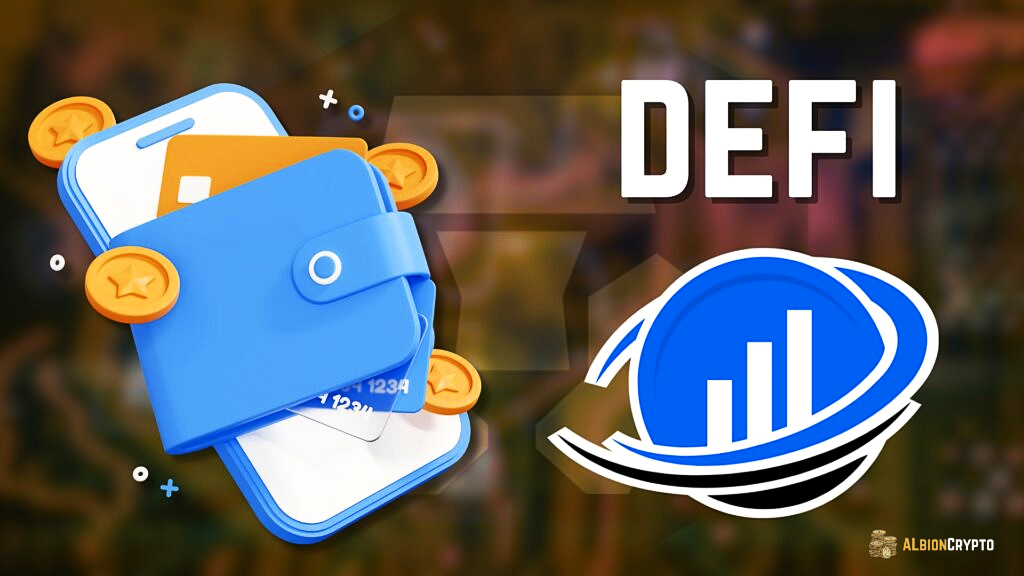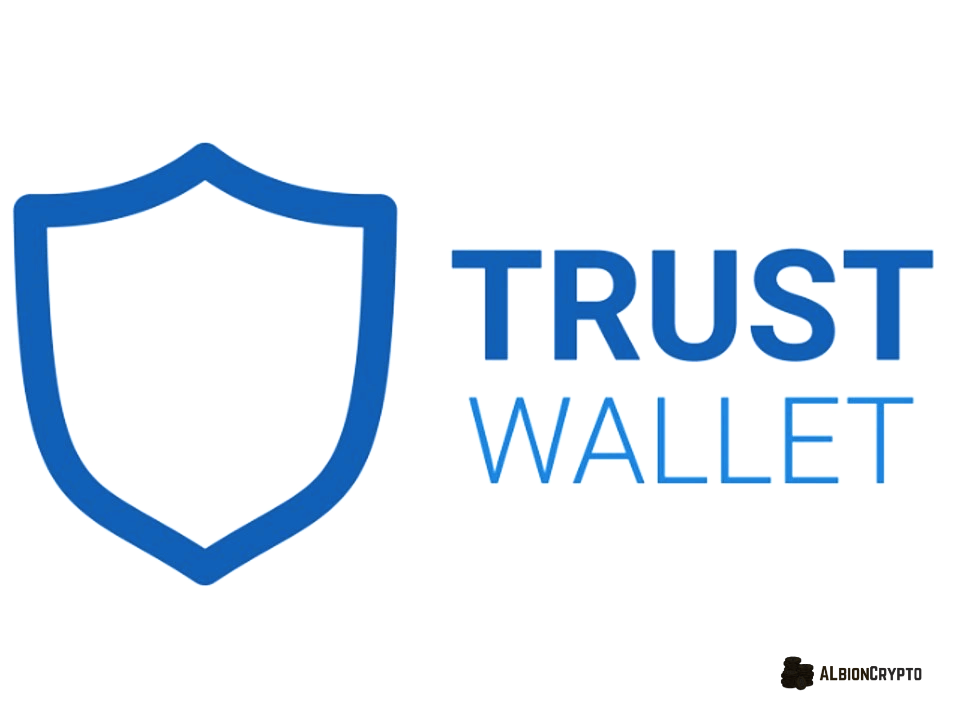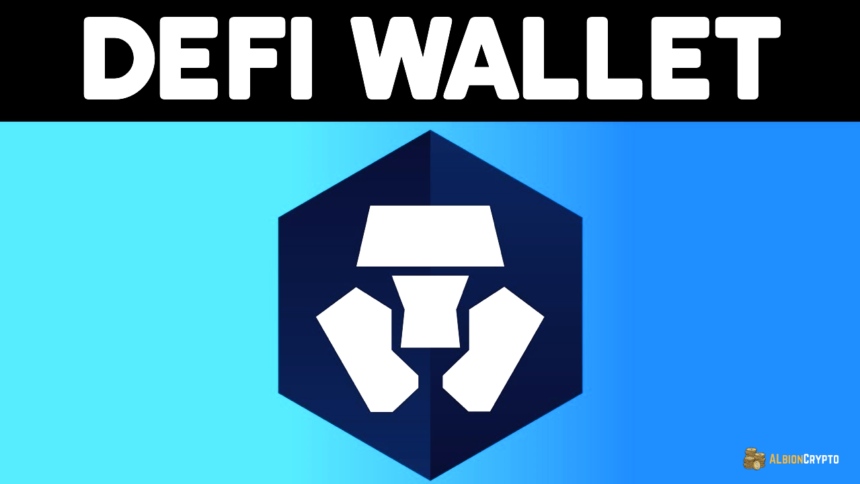As decentralized finance (DeFi) continues to revolutionize the crypto world, DeFi wallets have emerged as essential tools for anyone looking to access and manage their assets within decentralized ecosystems. Unlike traditional wallets, which rely on third-party intermediaries, DeFi wallets give users complete control over their funds, enabling them to engage with decentralized applications (dApps), swap tokens, and earn yield— all without relying on centralized exchanges.
But what exactly makes DeFi wallets unique? How do they work, and what security features should you look out for when choosing one? In this comprehensive guide, we’ll dive deep into DeFi wallet security, the benefits of DeFi wallet apps, and the importance of managing DeFi wallet private keys effectively.
What Are DeFi Wallets?

At their core, DeFi wallets are digital wallets that allow users to interact directly with decentralized finance platforms. These wallets are non-custodial, meaning you hold the private keys to your crypto assets, giving you full control and ownership. Whether you want to lend, borrow, or trade digital assets, a DeFi wallet acts as your gateway to the decentralized world.
Unlike centralized wallets (where a third party holds your keys), DeFi wallets empower you to take responsibility for your funds. This increased autonomy also requires greater attention to security and proper key management.
Why DeFi Wallets Matter in a Decentralized World
The rise of DeFi has transformed how individuals interact with financial systems. Traditional finance is built on layers of intermediaries—banks, payment processors, brokers—who all act as gatekeepers. DeFi wallets break down these barriers, allowing you to participate in financial markets without needing permission from any third party.
Financial Freedom
With a DeFi wallet, you’re free to explore the vast ecosystem of decentralized applications, from lending platforms like Aave and Compound to decentralized exchanges (DEXs) like Uniswap. There’s no need for credit checks or approvals—your assets are entirely under your control.
Global Access
One of the key advantages of DeFi wallets is their borderless nature. As long as you have an internet connection, you can access DeFi services from anywhere in the world. This is especially important in regions with limited access to traditional banking systems, offering millions a gateway to financial services.
How Do DeFi Wallets Work?
To understand how DeFi wallets function, it’s essential to break down some of the technology behind them. Most DeFi wallets operate on blockchain networks, such as Ethereum, Binance Smart Chain, or Solana, allowing users to store and interact with assets supported by these ecosystems.
Non-Custodial Nature
A defining feature of DeFi wallets is their non-custodial nature. With a non-custodial wallet, you control your private keys—unique cryptographic codes that prove ownership of your digital assets. This also means that you are entirely responsible for the security of those keys. Lose them, and your assets are gone forever. This leads us to the importance of DeFi wallet security.
The Importance of DeFi Wallet Security
While DeFi wallets offer unmatched control and autonomy, they also come with heightened security responsibilities. The decentralized nature of these wallets means there’s no “forgot password” option. If your private keys are compromised, there’s no one to help recover your assets.
Securing Your Private Keys
Your DeFi wallet private keys are the most critical component of wallet security. These keys give you access to your funds and should be stored safely. Some best practices include:
- Using Hardware Wallets: A hardware wallet is a physical device that stores your private keys offline. This reduces exposure to hackers and is often considered the most secure method of storing crypto.
- Back Up Your Keys: Always have a backup of your private keys. Write them down and store them in a secure location. Avoid saving them in digital formats like a text file on your computer, which can be hacked.
- Enable Two-Factor Authentication: If your DeFi wallet app allows it, enable two-factor authentication (2FA) for an additional layer of security.
DeFi Wallet Security Risks
Despite the security measures available, DeFi wallets are not immune to risks. Smart contract vulnerabilities, phishing attacks, and user error are common threats in the DeFi space. For instance, a poorly designed smart contract could be exploited by hackers, leading to the loss of funds.
To mitigate these risks:
- Only use reputable wallets with strong security track records.
- Always double-check the URLs and never click on suspicious links to access your wallet.
- Regularly update your wallet apps to patch security vulnerabilities.
Best DeFi Wallets and Their Features
When choosing a DeFi wallet, consider factors such as security, ease of use, and compatibility with various dApps. Here are some popular options:
1. MetaMask

MetaMask is one of the most widely used DeFi wallets. It’s available as both a browser extension and a mobile app, allowing you to interact with Ethereum-based dApps easily. MetaMask also integrates seamlessly with DeFi protocols like Uniswap, Aave, and Compound.
2. Trust Wallet

Trust Wallet is another popular mobile wallet supporting multiple blockchains, including Binance Smart Chain and Ethereum. Known for its intuitive interface, Trust Wallet provides a seamless experience for users looking to explore the DeFi space.
3. Ledger

For those prioritizing security, hardware wallets like Ledger are the go-to choice. Ledger devices store private keys offline, reducing the risk of online threats. You can also connect Ledger to popular DeFi platforms, allowing secure interaction with dApps.
4. Coinbase Wallet

Coinbase Wallet, separate from the main Coinbase exchange, offers a non-custodial experience for users looking to manage their assets independently. It supports a wide range of DeFi tokens and allows you to explore decentralized applications directly from the wallet.
DeFi Wallet Apps: Empowering Financial Management on the Go
One of the biggest advantages of DeFi wallets is the ability to manage your assets from anywhere, thanks to mobile DeFi wallet apps. Whether you’re staking assets, swapping tokens, or tracking investments, these apps allow you to stay connected to the DeFi ecosystem.
Accessibility Meets Security
Mobile apps, such as MetaMask and Trust Wallet, combine convenience with security, offering encrypted storage and easy access to decentralized services. However, it’s important to follow best security practices, such as locking your phone and enabling biometric authentication where available.
The Role of Private Keys in DeFi Wallets
Private keys are the foundation of cryptocurrency ownership, and in the case of DeFi wallets, they play a critical role. When you set up a DeFi wallet, you’re given a private key or a seed phrase (a human-readable representation of the private key). This key is your gateway to managing and moving funds.
Managing Your Private Keys: Best Practices
- Don’t Share Your Keys: Never share your private keys with anyone, not even wallet support services. Scammers often pose as support staff to gain access to users’ wallets.
- Cold Storage: For long-term storage of significant assets, consider using cold storage solutions like hardware wallets, which keep your private keys offline.
- Multi-Sig Wallets: For additional security, some DeFi platforms support multi-signature wallets, where multiple keys are required to approve a transaction. This can be particularly useful for joint accounts or business purposes.
The Future of DeFi Wallets: Where Are We Heading?
As DeFi continues to expand, we can expect further innovation in the DeFi wallet space. AI-powered trading bots, layer-2 scaling solutions, and improved user interfaces are already being developed to make DeFi more accessible to the masses. At the same time, security measures will continue to evolve, ensuring that users can navigate this dynamic space safely.
We may also see the integration of AI-powered DeFi wallet features, designed to help users optimize their strategies, monitor risks, and make better decisions in real-time. With AI-driven insights, users could potentially gain more sophisticated control over their DeFi portfolios.
Conclusion: Choosing the Right DeFi Wallet
DeFi wallets are the key to unlocking the full potential of decentralized finance, offering users autonomy, control, and access to a global financial system. But with great power comes great responsibility—security is paramount when managing your funds in a decentralized space. By choosing a reliable DeFi wallet, securing your private keys, and staying informed about the latest security practices, you can confidently participate in the future of finance.
Whether you’re new to DeFi or a seasoned pro, taking the time to understand how DeFi wallets work and the risks involved is crucial. In this ever-evolving world of decentralized finance, the right wallet could be your most valuable tool.




